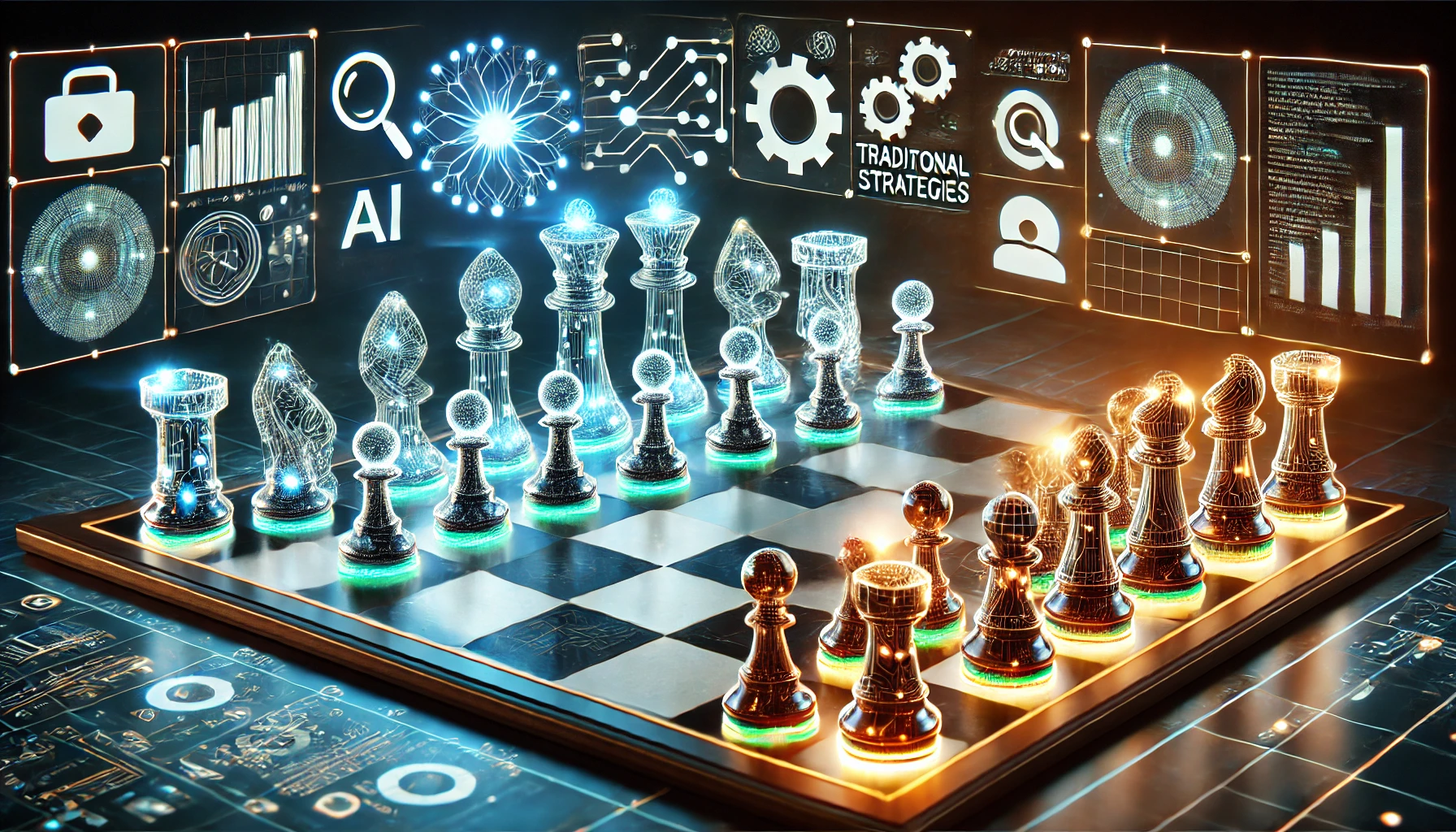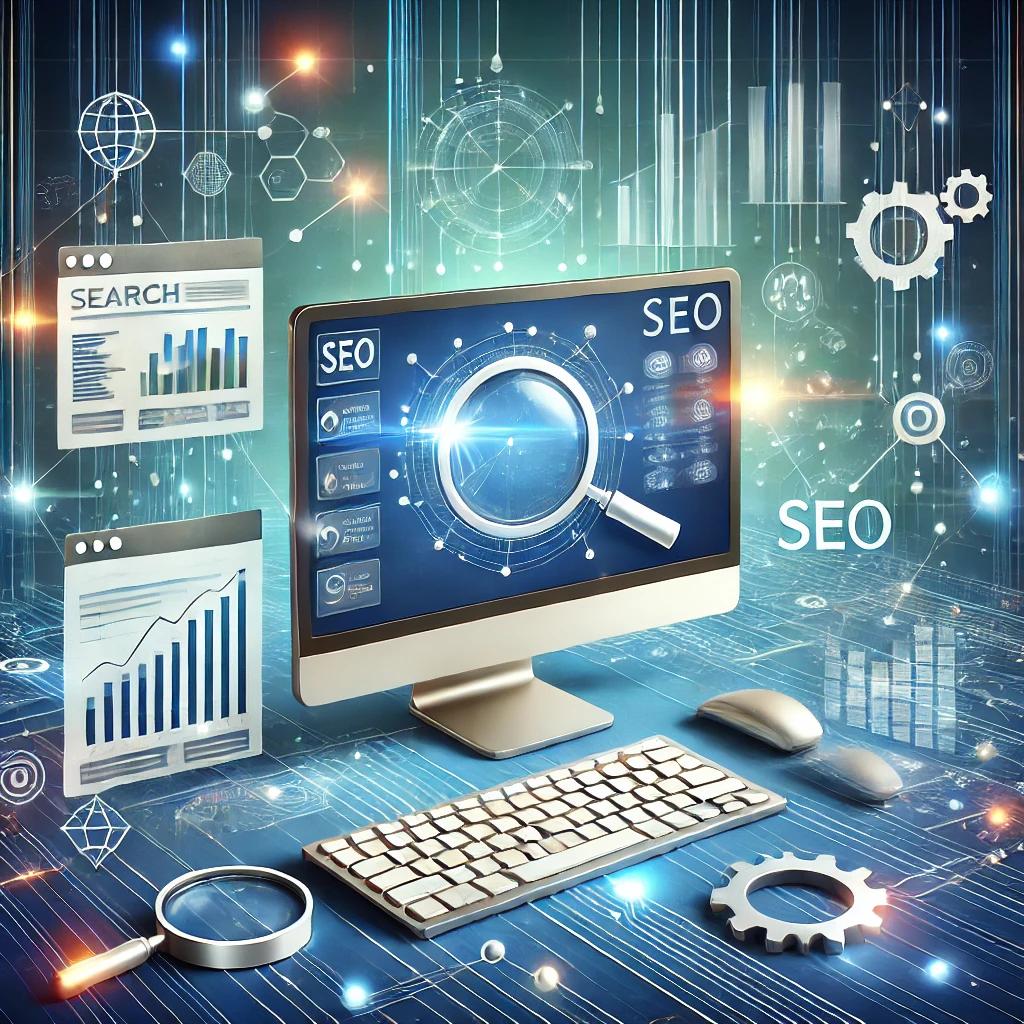1.How marketing helped build IPL’s economic might
The IPL’s rise to a global economic powerhouse is attributed to its innovative marketing strategies, blending cricket with entertainment and commerce. Key factors include skyrocketing media rights, high-value sponsorships, and strategic use of Bollywood glamour, making it a prime case study in sports marketing. [Source: Social Samosa]
2. Are digital models about to become the industry standard?
H&M is set to introduce AI-generated “digital twins” of models for marketing campaigns, allowing these models to own the rights to their AI images. This move highlights the growing influence of artificial intelligence in the fashion industry, raising questions about ethics, artistry, and employment. [Source: Vogue Business]
3. How retailers can lead the AI-driven CX revolution
AI is revolutionizing customer experience (CX) in retail by creating systems that anticipate customer needs and personalize interactions autonomously. Retailers must break down data silos, design adaptable systems, and clearly communicate the benefits of data-sharing to fully leverage AI’s potential. [Source: Retail Customer Experience]
4. The commercialisation of trends: How brands are leveraging AI-generated visuals to stay relevant
Brands are leveraging AI-generated visuals inspired by Studio Ghibli, Pixar, and Wes Anderson to stay culturally relevant and capture attention. While these trends offer short-term engagement, the challenge lies in maintaining authenticity and avoiding overexposure. [Source: Social Samosa]
5. Matter of Minutes: How D2C Brands Can Win the Quick Commerce Game
India’s quick commerce market surged to over $4.2 billion from 2021 to 2023, driven by consumer demand for rapid delivery. Enablers like Zippee are helping D2C brands meet these expectations with efficient logistics solutions, transforming the retail landscape. [Source: INC 42]
6. Why are fashion brands investing in martech stacks?
Fashion brands are investing in AI and martech to enhance personalization, optimize inventory, and create seamless omnichannel experiences. These technologies help improve customer engagement, streamline operations, and drive business growth. Additionally, sustainability efforts are being supported through optimized supply chains and reduced waste. [Source: Exchange4Media]
7. Unlocking Growth Through Total Experience (TX): The Power Of CX, EX And AI
Total experience (TX) integrates customer, employee, user, and multi-experience to create seamless interactions, driving growth and loyalty. By leveraging AI and focusing on both CX and EX, businesses can enhance satisfaction and efficiency, leading to long-term success. [Source: Forbes]
8. AI Decisioning vs. Enterprise Decisioning: What CX Leaders Need to Know
CX leaders need to balance **AI decisioning** and **enterprise decisioning** to scale customer support effectively. AI decisioning offers real-time adaptability, while enterprise decisioning ensures consistency and governance. Both approaches are essential for responsible automation and building customer trust. [Source: CMS Wire]
9. Making AI-driven marketing ethical, inclusive and sustainable
AI is transforming modern marketing by enabling brands to create meaningful, inclusive, and sustainable narratives. It enhances customer engagement through hyper-personalization and accessibility, while also promoting ethical consumerism and financial inclusion. [Source: Brand Equity]
Running large language models (LLMs) like DeepSeek or Llama locally on a Mac enhances privacy, security, and cost-efficiency. Surprisingly, even a Mac with 8GB of unified memory can handle this, though 16GB is recommended for better performance. [Source: Cult of Mac Today]





